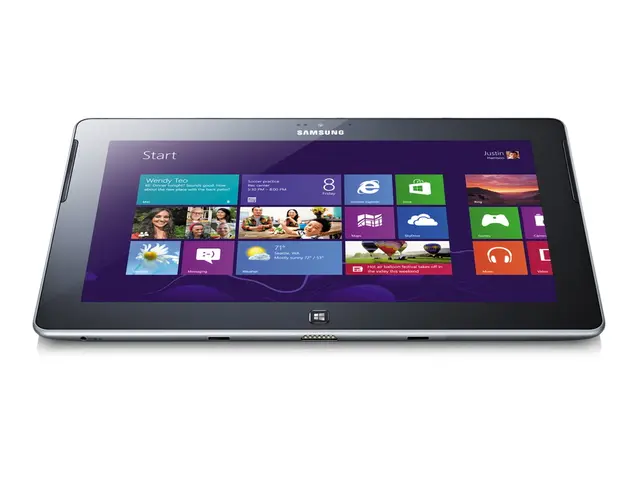Self-Governing Vehicles: Zoox, Torc, Daimler, Waymo, TIER IV, TRATON, Scania, MAN, International, dSPACE, and AWS
In the world of autonomous vehicles (AVs), major players are gearing up for commercial deployment, with a focus on controlled environments. Companies such as Torc, Daimler, Waymo, TRATON (Scania, MAN, International), Zoox, and AWS-supported ventures are actively scaling their autonomous vehicle systems, primarily in commercial and ride-hailing contexts.
Waymo, renowned for its robust expansion, is increasingly offering autonomous vehicle services, particularly in limited geographic areas such as downtowns of large cities and suburban tech clusters.
Torc Robotics, a subsidiary of Daimler Truck AG, is making strides in deploying autonomous truck technology. The U.S. Department of Transportation (USDOT) is currently soliciting industry feedback on nationwide automated vehicle deployment plans, including commercial fleets relevant to companies like Daimler/Torc and TRATON.
TRATON, which owns Scania, MAN, and International, is actively developing autonomous commercial vehicle technology, although large-scale deployment remains gradual and aligned with broader regulatory and infrastructural developments.
Zoox, owned by Amazon, is continuing to develop fully autonomous ride-hailing vehicles targeted at urban environments. However, a broad commercial rollout by 2025 has yet to be announced.
AWS provides cloud and AI services that support autonomous vehicle development and deployment, partnering with multiple automakers and tech companies in the AV ecosystem but not deploying vehicles directly.
Looking ahead, nationwide or large-scale deployment of level 3 and above autonomous vehicles, including fully driverless models, is anticipated to ramp up between 2025 and 2035. This anticipation is based on the commercialization of level 3 autonomy in select regions and the gradual rollout of level 4/5 thereafter, subject to regulatory and technical progress.
The USDOT is actively working on a national ADS deployment plan, seeking industry input on technical, operational, and regulatory roadblocks to enable widespread deployment, including automated commercial fleets. This suggests a strong government-industry collaboration aiming toward scaling deployment by the late 2020s.
Robotaxi deployment services remain concentrated in specific urban markets in the U.S. and China, gaining incremental expansion but still limited in geographic scope. Companies like Waymo and Tesla are leaders here, while others like Zoox are preparing broader launches.
Innovations in tactile sensors are also advancing the AV industry. Meta AI has unveiled Digit 360, a new fingertip-shaped tactile sensor that captures touch data with human-like precision. Meta AI plans to open-source all designs and code for Digit 360, with wide availability expected next year for the research community.
Meanwhile, TIER IV's autonomous bus will serve Shiojiri, a city in Nagano Prefecture, shuttling passengers between Shiojiri Station and Shiojiri City Hall. TIER IV's autonomous bus system, AI Pilot, has received Japan's first-ever Level 4 certification for operation on public roads.
Zoox's vehicles have no conventional steering wheels or control pedals to meet Federal safety guidelines. The company aims to scale up production and deploy the vehicles on a larger scale by 2026, initially providing rides for employees and operating during the busiest 16 hours of each day.
As the AV industry continues to evolve, events like the dSPACE user conference are providing valuable insights. This one-day event will cover topics including the challenges facing customers, data challenges of a global AV company, testing and infrastructure using dSPACE toolchain, and technology deep dives in ADAS and e-mobility topics including cybersecurity.
In summary, the AV industry is progressing, with major players focusing on commercial and controlled environments. Large-scale, nationwide deployment is expected to accelerate throughout the coming decade, driven by ongoing technological maturity and regulatory frameworks currently under development.
Finance plays a crucial role in the advancement of the autonomous vehicle (AV) industry, with notable companies such as Torc Robotics (a subsidiary of Daimler Truck AG), TRATON (Scania, MAN, International), Zoox (owned by Amazon), and Meta AI receiving funding and support.
Technology innovations, such as tactile sensors like Digit 360 from Meta AI, are advancing the capabilities of AVs, while automotive companies like Waymo and Tesla are leading the way in the development of robotaxi deployment services, largely focusing on urban environments.




